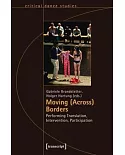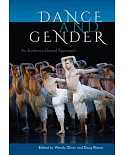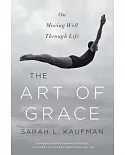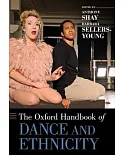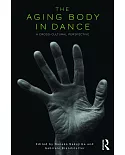In The Tail of the Dragon, Marcia B. Siegel and Nathaniel Tileston track the evolution of new dance in New York during the rich and crucial transitional period from the mid-1970s to
the early 1980s. Siegel, one of America’s most important dance critics, and Tileston, an accomplished dance photographer, focus on the choreographers who were propelled into rebellion against
conventional modern dance by the Judson Dance Theater and other countercultural movements born of the 1960s.
This collection of Siegel’s writing, compiled from reviews in Soho Weekly News and New York Magazine, as well as from longer essays and notebook pieces, forms an insightful
commentary--occasionally wry, always perceptive—on the absorption of a radical art form by the mainstream. From minimalism, improvisation, street dancing, body awareness, and “poor theater”
experimental strategies, these young rebels identified and adopted personal styles of movement and dancemaking; from that, they turned gradually to tamer, more accessible work, marked by
virtuosic dancing, proscenium-ready repertoires, and touring companies.
Included in this story are the principal players in the “postmodernist” dance movement—Merce Cunningham, Twyla Tharp, Trisha Brown, David Gordon—now well known internationally as leaders of
dance in the 1990s. Siegel also looks at artists who worked steadily but less visibly, influential ones who drifted out of dance, and unknowns who have gained prominence. The dances described
here are formal and outlandish, scruffy and beautiful, endearingly fallible and icily perfect.
In rightfully celebrating the importance of dances long forgotten, The Tail of the Dragon produces a vibrant portrait of a generation of dance.


